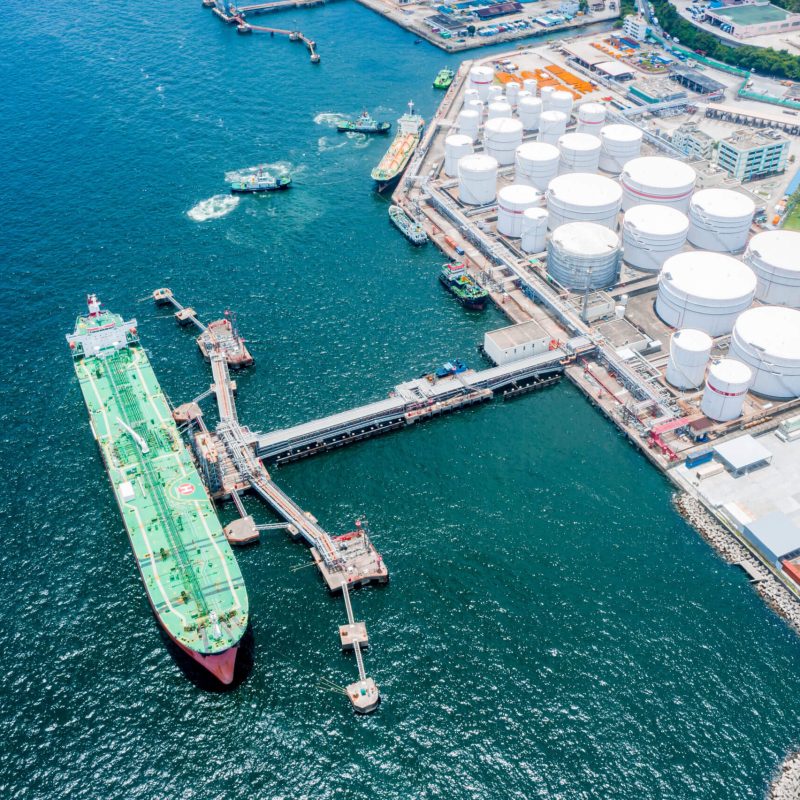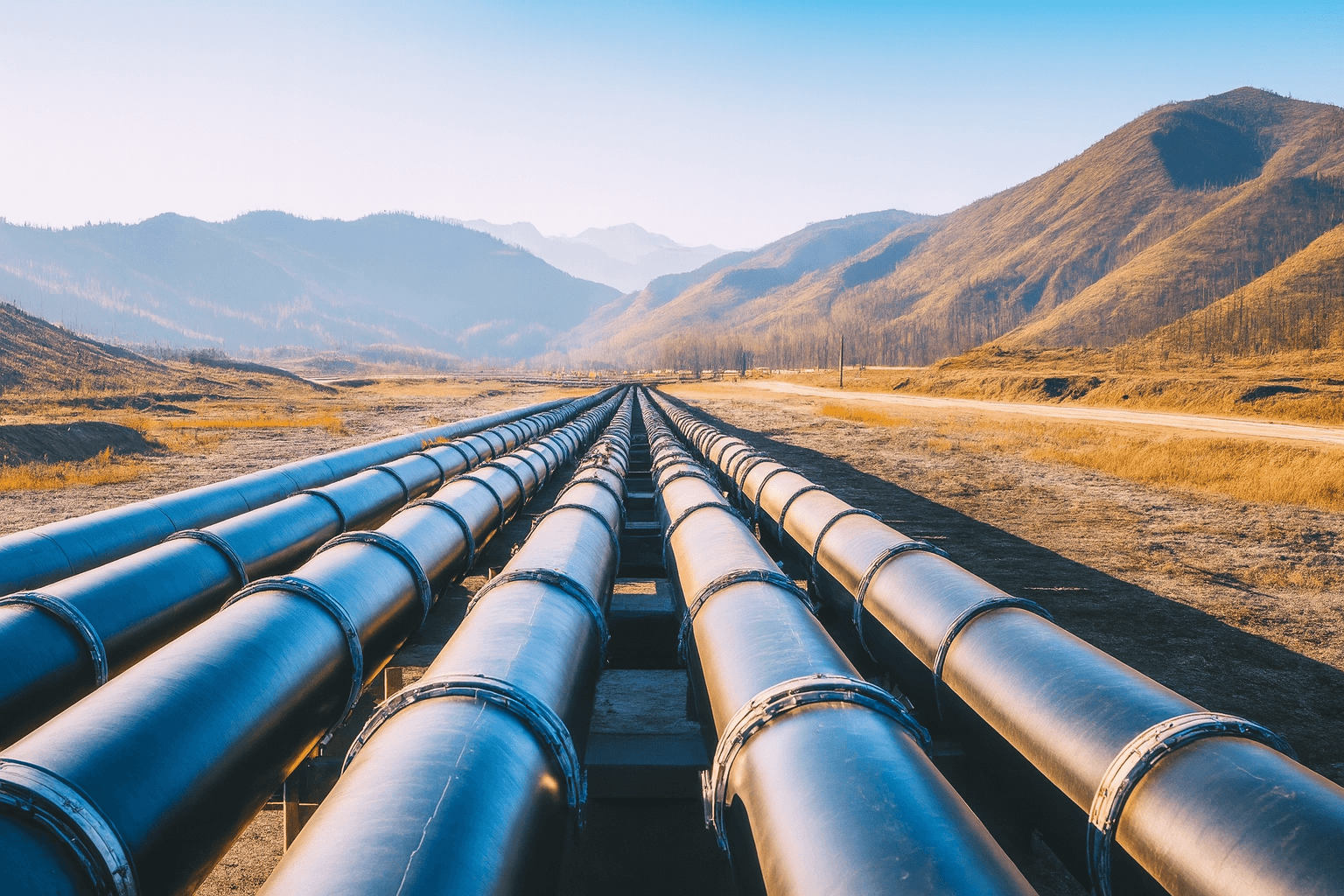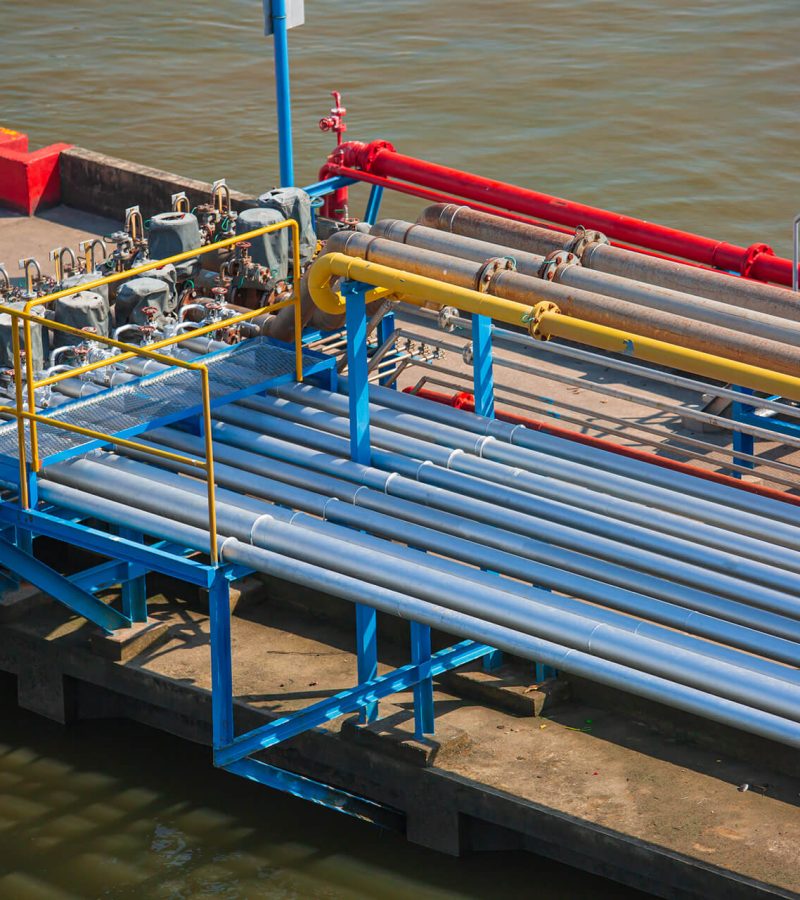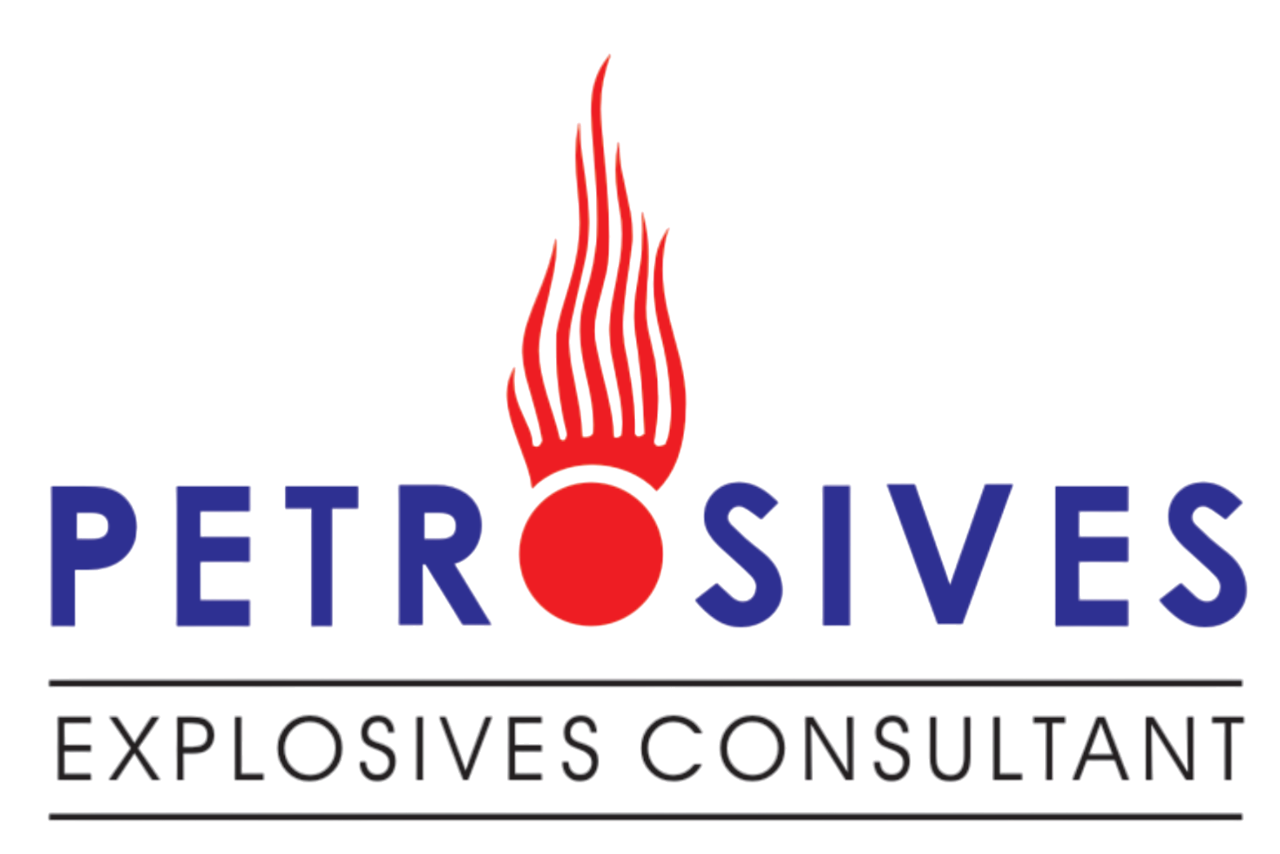Pipeline Permission (jetty)
What is Jetty Pipeline Permission License?
You need a legally approved Jetty Pipeline Permission to transfer products between your port terminal (jetty) and inland storage facility. Jetty pipeline permission refers to the official approvals needed to:
Lay pipelines connecting port/jetty terminals with inland storage tanks or tank farms
Transfer flammable or hazardous chemicals (like methanol, ethanol, petroleum) via pipelines
Ensure full compliance with marine safety, PESO norms, pollution control, and fire protection standards

Jetty Pipeline Permission License is Required For:
- Companies importing/exporting petroleum, LNG, or solvents
- Industries storing or blending ethanol/methanol via port
- Coastal refineries, terminal operators
- Distilleries or chemical plants connected to port pipelines
- Storage depot operators near jetty/harbor
Pipeline & Jetty
Permission Requirements

Pipeline and jetty permissions in India are highly regulated because they involve transporting and handling hazardous petroleum, gas, or chemical products. To lay a pipeline (for crude, gas, hydrogen, or ammonia), approvals are required from the PESO (Petroleum & Explosives Safety Organisation) under the Petroleum & Explosives Acts, as well as from the Ministry of Petroleum & Natural Gas (MoPNG), PNGRB (Petroleum & Natural Gas Regulatory Board) for cross-country pipelines, the State Pollution Control Board, and local authorities for Right of Way (RoW) and land acquisition. For a jetty/port terminal, permissions are required from the Ministry of Ports, Shipping and Waterways, the respective Port Trust/Maritime Board, PESO (for hazardous cargo handling), Director General of Shipping, and Coastal Regulation Zone (CRZ) clearances from MoEF&CC. The process demands submission of detailed route alignment or jetty layout drawings, risk and safety studies, environmental impact assessments, firefighting and spill control systems, and proof of land/port allotment. Challenges include lengthy multi-department approvals, high infrastructure cost, strict safety and environmental compliance, and potential delays due to local land/shoreline permissions and inspections.
Frequently Asked Questions
Is PESO approval mandatory for jetty pipeline transfer?
Can I get bonded tank permission near the port?
How long does it take to get full approval?
Is CRZ clearance always required?

